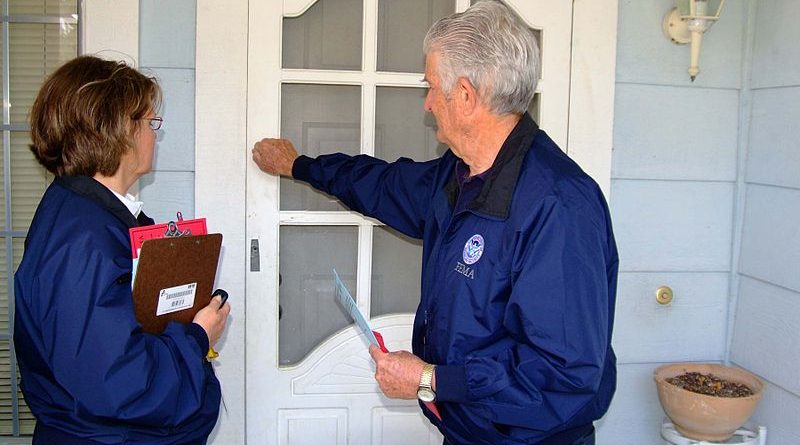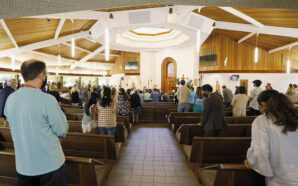Better Business Bureau
There is no doubt that scams have gone high tech, but the riskiest scam is the face-to-face home improvement scam, with fake check scams running a close second, according to the new BBB Risk Index, a sophisticated analysis that goes beyond volume to look at the risk each scam type poses. The BBB Institute for Marketplace Trust (BBB Institute) recently released its inaugural BBB Scam Tracker Annual Risk Report, which provides comprehensive insight into scams based on the more than 32,000 reports made to BBB Scam Tracker in 2016.
There were some real surprises within the data: men were more vulnerable than women in seven of the top ten scam categories; and consumers 18-24 were the most likely to lose money to a scam. This analysis uncovered that younger consumers have a lower median loss than people in their top earning years, partly because the types of scams aimed at older consumers tend to have higher median losses. While seniors also tend to lose more money than Millennials when they are scammed, they fall for scams far less often. And the biggest takeaway is that no one is immune from the risk posed by scams.
The BBB Risk Index measures risk along three dimensions: exposure (how likely are you to be exposed to the con?), susceptibility (if you are exposed, how likely are you to lose money?) and monetary loss (if you do lose money, how much is it likely to be?). Exposure X Susceptibility X Monetary Loss = Risk Index
Based on the BBB Risk Index, the riskiest top five scams overall (U.S. and Canada combined) are:
- Home improvement scams (bbb.org/homescam)
- Fake checks and money orders (bbb.org/fakecheckscam)
- Employment scams (bbb.org/employmentscam)
- Online purchase scams (bbb.org/webpurchasescam)
- Advance fee loan scams (bbb.org/loanscam)
The scam most reported to BBB Scam Tracker in 2016 – by far – was the tax scam. However, consumers are savvy to this con and rarely fall for it, so it did not even make the BBB Risk Index’s top ten. Employment scams were three times as risky for consumers as tax scams, and ranked #3 on the BBB Risk Index.
Home improvement scams, ranked #1 on the BBB Risk Index, was the only category in the top ten to rely on in-person contact. Because of the highly personal nature of this scam – someone literally at your doorstep – the exposure rate was low but the susceptibility rate and the median loss were both very high, making it the riskiest scam of all.
Fake check scams take on a variety of approaches, but all rely on the fact that consumers assume that when a check “clears” their account and funds are made available, they are in the clear to spend those funds. In fact, it may take several weeks for a fake check to be detected and returned, and that includes cashier’s checks and money orders. The BBB Institute also notes that fake checks are used in about 30-40% of employment scams, and appear frequently in other scams, as well. Whenever a consumer is asked to deposit a check and then send funds back out for any reason, that’s a big red flag.
The full report is available at bbb.org/RiskReport. Consumers and businesses are urged to report all scams to BBB Scam Tracker at bbb.org/scamtracker, whether or not money is actually lost.






